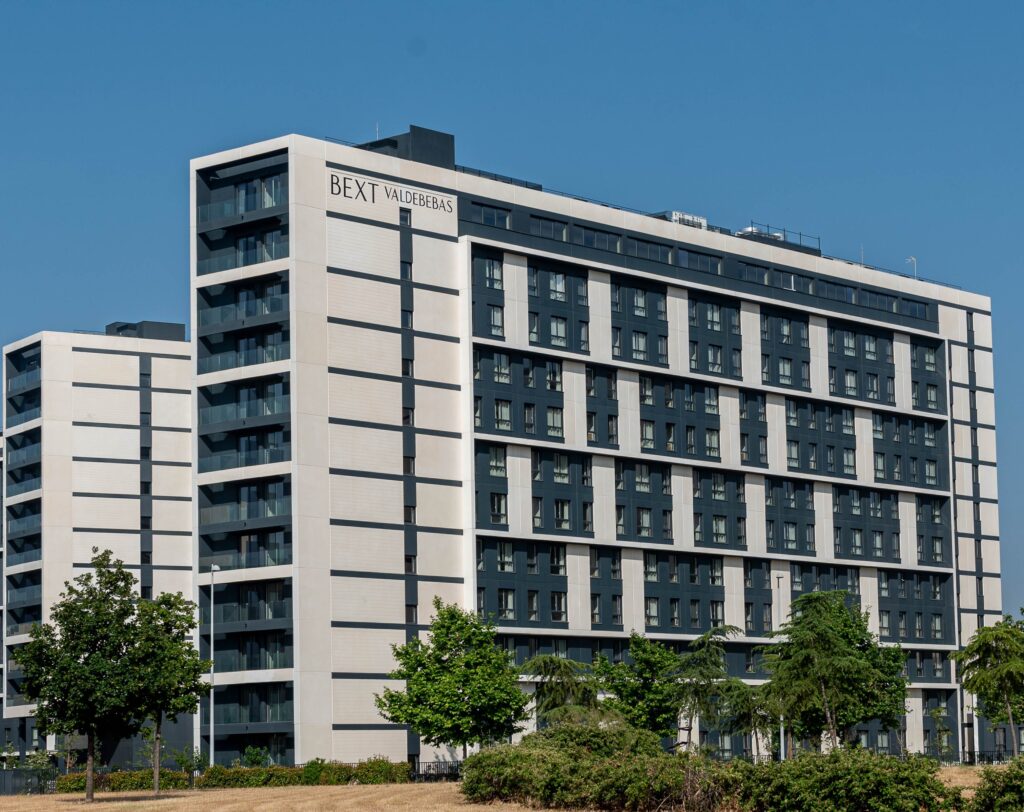Defaults inevitable in Germany but banking system is healthy
The German banking system has weathered the crisis well despite declining property values leading to fears about LTV covenant breaches, delegates heard at Real Asset Media’s Germany Investment briefing, which took place recently at JLL’s London headquarters.

“Stability has returned to the market this year, which is a necessary condition for things to pick up again”, said Markus Beran, Head of Origination International Investors, Berlin Hyp. “Some mezzanine lenders may have to write off their exposures, but there will not be a big wave of non-performing loans”.
The defaults coming down the line will not impact the banking system, as average LTV are still around 55% and the German authorities have been auditing portfolios and keeping a hawk-like eye on the situation.
“Everything is monitored and audited to a level we have not seen before, so there’s a lot of work being done to keep the system sustainable”, said Beran.
The number of NPLs in German commercial real estate is expected to increase this year and the next, but there has not been a wave of NPL sales yet. Banks and potential sellers seem to be in a wait and see mode, partly to avoid discounts or haircuts and partly to wait for the expected recovery.
“We’re expecting a wave of insolvencies and we can see the signs already”, said Jan Eckert, CEO Switzerland & Head of Capital Markets DACH, Jones Lang LaSalle. “But creditors and banks are giving people time to sort things out because they can afford it. There’s a determination to avoid fire sales”.
The reason lenders can afford to give people time is that the banking system is strong, which was not the case during the GFC. Senior secured lenders do not need to sell their loans, although the situation may be different for subordinated or mezzanine lenders.
“German banks have had a good couple of years”, said Eckert. “The banking system is healthy. Non-performing CRE loans are below €10 billion, which is a far cry from the situation in Spain a few years ago. Do not over-estimate the levels of stress in the market.”

According to European Banking Authority figures, non-performing CRE loans in Germany are €9.7 billion, but that figure represents a 56% increase from the €6.2 billion recorded at the end of Q3 2022. The ratio of non-performing CRE loans to all CRE loans is now 3.4%, compared to 2.4% in September 2022.
Developers and building contractors in Germany are seen as the most affected by the crisis in the market, due to a combination of falling real estate prices and high construction costs plus a lack of exit options in a stagnant market.
Despite the problems faced by developers, “there is hardly any domestic equity, but there is no shortage of development finance in Germany”, said Rainer Nonnengässer, Senior Managing Director, Head Germany & Netherlands, AMRO Partners. “There may be discussions about covenants and so on, but the money is still available and the projects are doable”.



